When we hear the piercing scream of a pig, it’s natural to wonder what could be causing such distress. Pig screaming can be alarming, but understanding the reasons behind it is crucial for their welfare. In this article, we delve into the various factors that contribute to pig screaming and explore ways to address this behavior. Question: Why do pigs scream ...
When you embark on the journey of raising chickens, one of the first and most crucial decisions you’ll face is selecting the right breed. With hundreds of chicken breeds available, each with its unique characteristics, choosing the perfect fit can be overwhelming. Fear not! In this guide, we’ll break down everything you need to know about selecting the ideal chicken ...
Are you considering adding a goose to your flock? One of the most critical factors to consider is the friendliness of the breed. A friendly goose can bring joy and companionship to your homestead, while an aggressive one can pose challenges. In this article, we’ll explore the friendliest goose breeds, helping you make an informed decision for your feathered family ...
So, you’ve decided to embark on the wonderful journey of goat keeping! Congratulations! But before you get too caught up in the adorable antics of your new furry friends, there’s one crucial thing you need to sort out: the fence. Building a sturdy and reliable goat fence doesn’t have to break the bank, and in this guide, we’ll show you ...
Before we embark on our exploration of pig emotions, let’s consider why this topic holds significance. Acknowledging the emotional lives of animals not only enriches our understanding of the natural world but also influences how we interact with and treat them. Question: Do pigs have emotions? Pigs are spotlighted in this discussion due to their unique place in both human ...
Raising healthy baby chickens, or chicks is an enriching journey filled with joy and fulfillment. However, ensuring their well-being and growth begins with one fundamental aspect: proper nutrition. From the moment these adorable fluff balls hatch, their dietary needs become a top priority. This article aims to guide you through the essential considerations of what to feed baby chickens after ...
When we think of intelligent animals, pigs might not immediately come to mind. However, these seemingly unassuming creatures possess remarkable cognitive abilities that often go unnoticed. In this article, we’ll delve into the fascinating “why are pigs smart”, exploring the various factors that contribute to their impressive intellect. Understanding Pig Intelligence Factors Influencing Intelligence Pig intelligence is influenced by a ...
Ensuring proper nutrition is essential for maintaining the health and well-being of chickens in any flock. Like humans, chickens require a balanced diet to thrive, with each component playing a crucial role in their growth, egg production, and overall vitality. However, if ingested, certain foods can be harmful or even toxic to chickens. Understanding what shouldn’t chickens eat is paramount ...
Guinea pigs are delightful little creatures that bring joy to many households. But like any pet, they require proper care, including attention to their dietary needs. Understanding what guinea pigs eat and drink is essential for their health and well-being. In this comprehensive guide, we’ll delve into the specifics of their diet, covering everything from basic staples to special considerations ...
Yes. Chickens are fascinating creatures with a wide-ranging diet, but not everything humans eat is suitable for our feathered friends. However, when it comes to strawberries, many chicken keepers wonder if these delicious fruits can be a healthy treat for their flock. In this article, we’ll explore the nutritional benefits of strawberries for chickens and how to incorporate them into ...
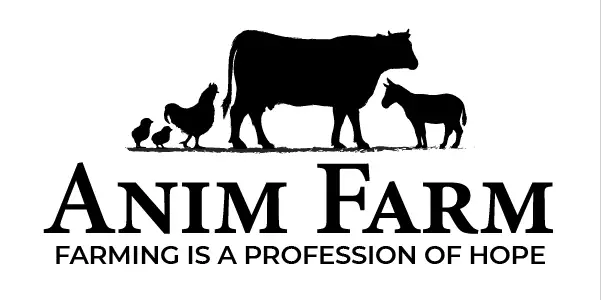
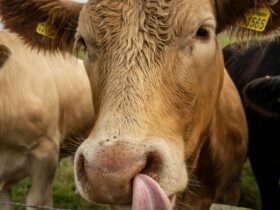
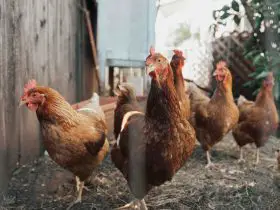

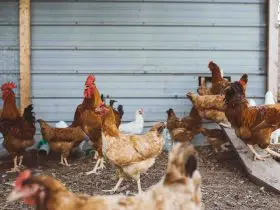
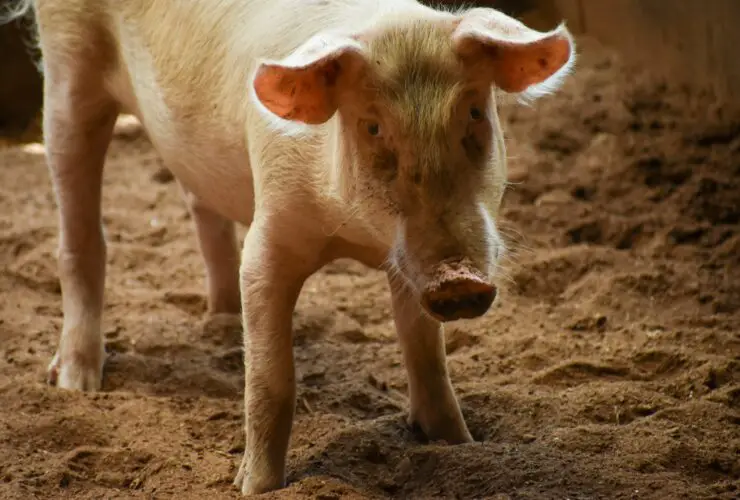
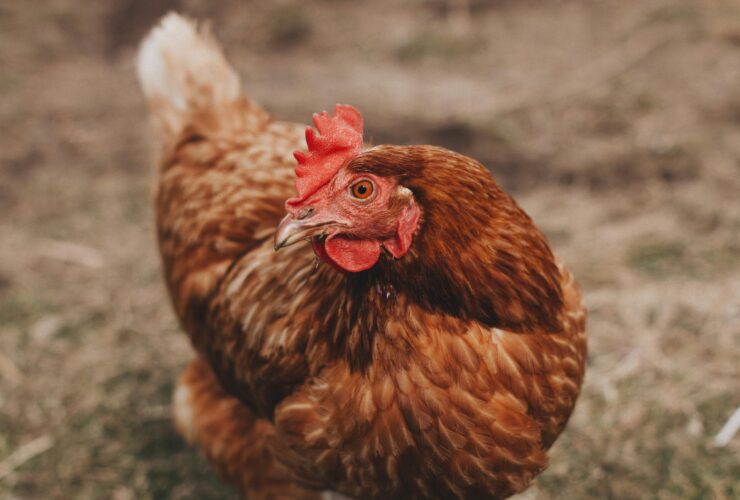
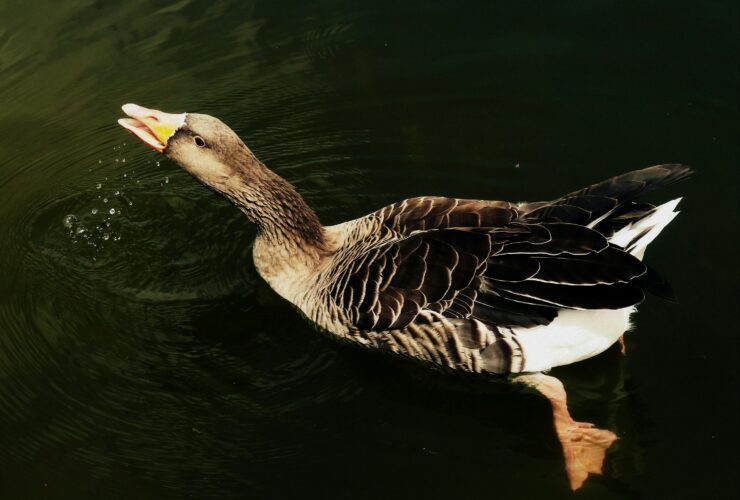

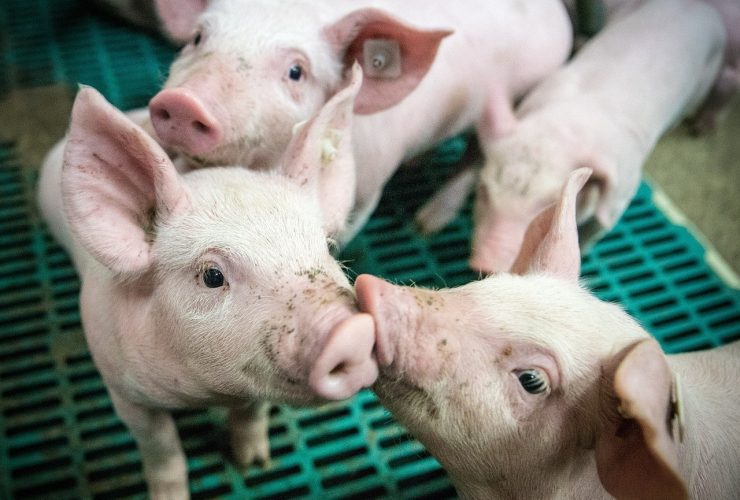
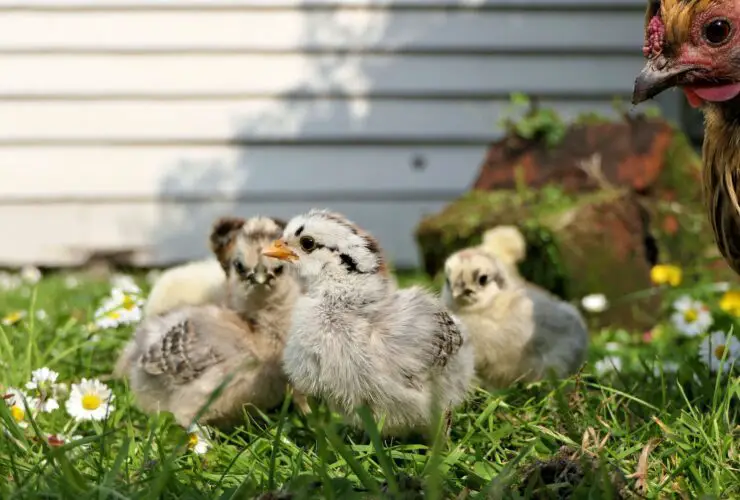
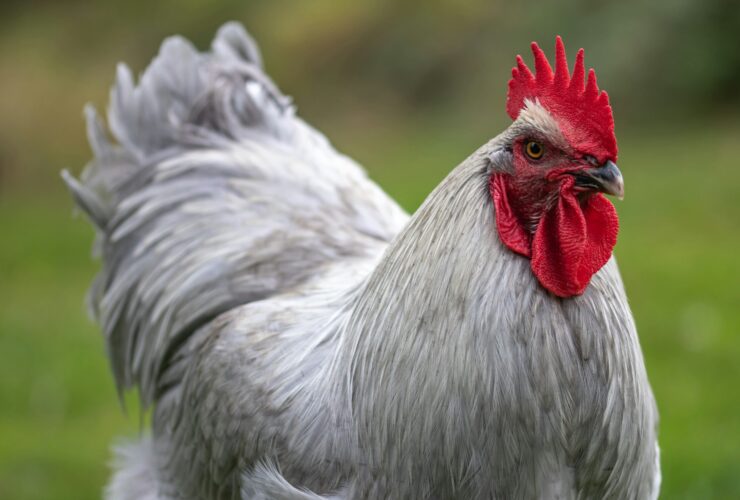
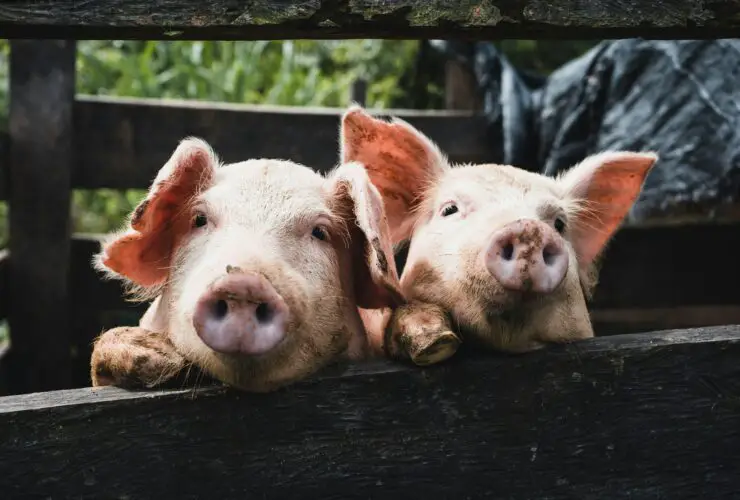
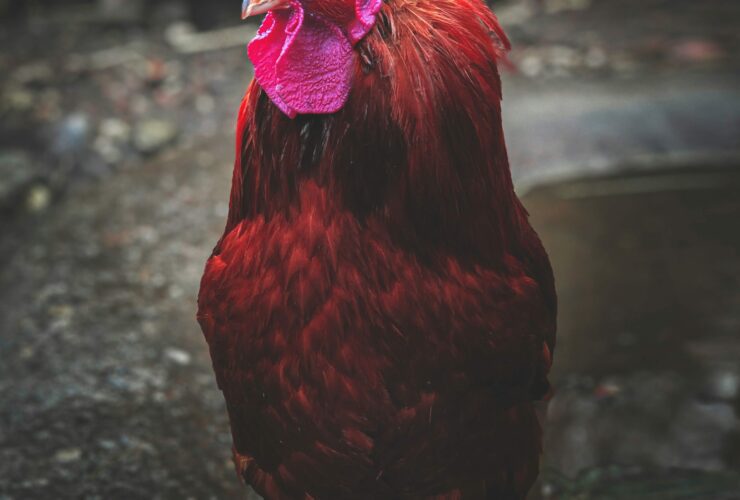
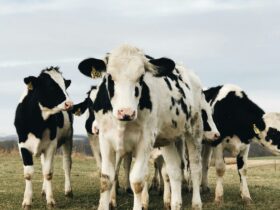
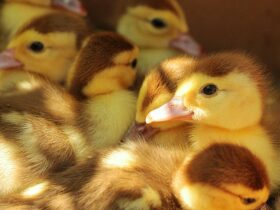
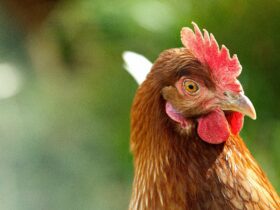

Hello!! Welcome to Anim Farm